The Ministry of Home Affairs proposed to unify the management of cadres and civil servants from the central to local levels, without distinguishing between the commune level, the central level and the provincial level, to properly implement the Party's policy of interconnectivity in cadre work.
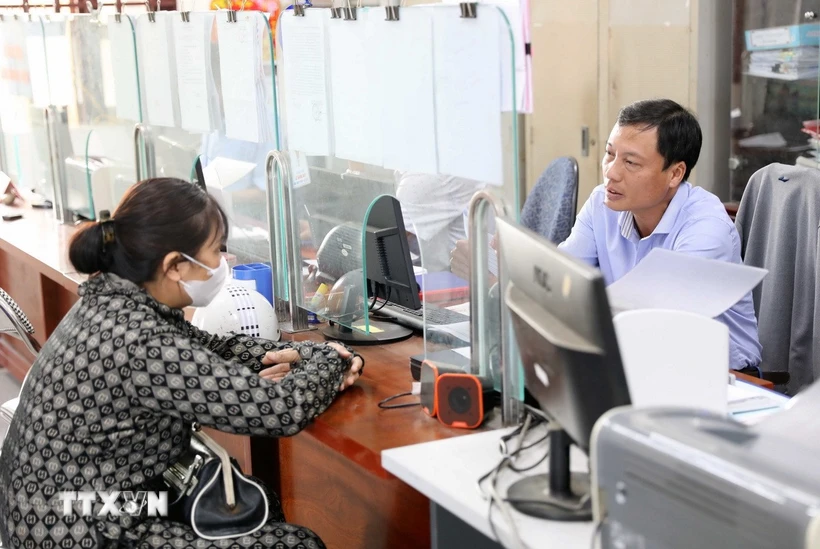
The Ministry of Home Affairs said it has completed the dossier proposing the development of the Law on Cadres and Civil Servants (amended). The comprehensive amendment of the Law on Cadres and Civil Servants aims to strongly innovate cadre work associated with the arrangement of the apparatus of the entire political system to be "streamlined-strong-efficient-effective-effective" according to the requirements of Resolution No. 18-NQ/TW and Conclusion No. 50-KL/TW of the Politburo, implementing the policy of organizing local governments according to the new model.
At the same time, build a truly talented civil service and a mechanism for managing cadres and civil servants according to job positions; build a team of cadres and civil servants, especially leaders, managers and heads with sufficient capacity, qualities, prestige, and equal to the tasks; build a state administration that serves the people, is professional, rule of law, modern, effective and efficient.
Along with that, strongly innovate the work of recruiting, training, fostering, appointing, rotating, transferring, and evaluating cadres and civil servants in a practical direction, "for the purpose of finding people, based on specific and measurable products." Build a mechanism to encourage and protect cadres and civil servants with innovative thinking, who dare to think, dare to do, dare to break through, dare to take responsibility for the common good on the basis of clearly defining cases of cadres and civil servants who dare to think, dare to do, dare to innovate and create for the common good; protect cases of risk and error early, as soon as there is a plan.
Notably, based on the results of the assessment and summary of the implementation of the Law on Cadres and Civil Servants, and careful study of the Party's viewpoints and guidelines, and major orientations in the draft documents of the 14th National Congress, the Ministry of Home Affairs proposed to develop 5 policies.
That is to innovate the mechanism for managing cadres and civil servants according to job positions. Perfecting regulations on the rights and obligations of cadres and civil servants and what cadres and civil servants are not allowed to do; ethics and culture of public service. Perfecting regulations to innovate the method of managing cadres and civil servants in accordance with the requirements of promoting digital transformation and building a digital government, ensuring increased modernity, publicity, transparency and efficiency in state management activities. Perfecting regulations on cadre and civil servant management to ensure consistency and consistency with Party regulations and ensure consistency with the legal system; continuing to institutionalize into law the Party's policies and guidelines on cadre work that have not yet been institutionalized. Unifying the civil service from the central to the grassroots level.

The goal of the policy of unifying the civil service from the central to the grassroots level is to achieve connectivity, equality, and consistency between grassroots cadres and civil servants and cadres and civil servants in the political system.
The Ministry of Home Affairs said that to implement this policy, it will supplement regulations on principles for unified management of cadres and civil servants in the same system vertically and horizontally; clearly stipulate implementation conditions and transitional provisions.
The current Law on Cadres and Civil Servants stipulates a separate management mechanism for cadres and civil servants from the district level and above and commune-level cadres and civil servants in accordance with the characteristics of each group of subjects. However, in the draft revised Law on Cadres and Civil Servants, the Ministry of Home Affairs proposes to remove the provisions on commune-level cadres and civil servants in Chapter V and related provisions.
The Ministry proposed to unify the management of cadres and civil servants from the central to local levels, without distinguishing between the commune level and the central and provincial levels, to properly implement the Party's policy of interconnectivity in cadre work.
The Ministry of Home Affairs will study, review, and supplement job positions, policies (recruitment, use, evaluation, planning, training, fostering, salary scales, etc.) for the team of cadres and civil servants working in grassroots administrative units; supplement regulations on examination to implement a mechanism for screening staff according to the principle of competition, with entry-exit, with promotion-demotion to resolve the situation of "civil servants for life"./.
https://www.vietnamplus.vn/de-xuat-thong-nhat-quan-ly-can-bo-cong-chuc-tu-trung-uong-den-dia-phuong-post1023138.vnp#google_vignette
Source: https://baohungyen.vn/de-xuat-thong-nhat-quan-ly-can-bo-cong-chuc-tu-trung-uong-den-dia-phuong-3180179.html



![[Photo] Ministry of Defense sees off relief forces to the airport to Myanmar for mission](https://vstatic.vietnam.vn/vietnam/resource/IMAGE/2025/3/30/245629fab9d644fd909ecd67f1749123)
![[Photo] Prime Minister Pham Minh Chinh chairs meeting to remove difficulties for projects](https://vstatic.vietnam.vn/vietnam/resource/IMAGE/2025/3/30/7d354a396d4e4699adc2ccc0d44fbd4f)






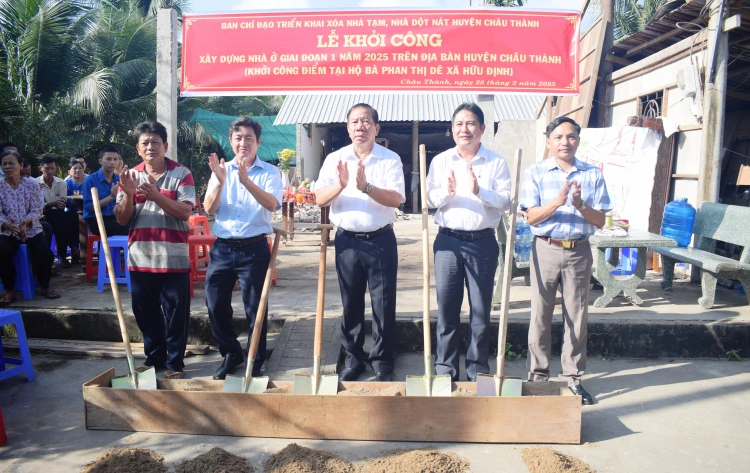
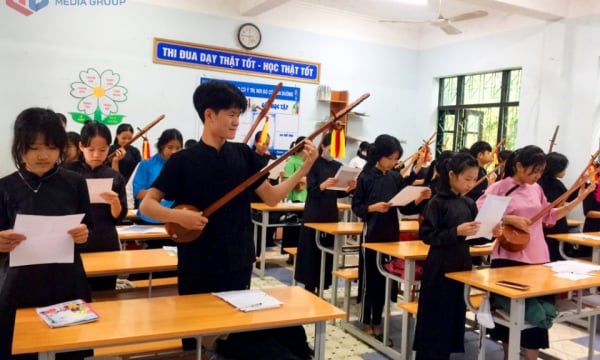
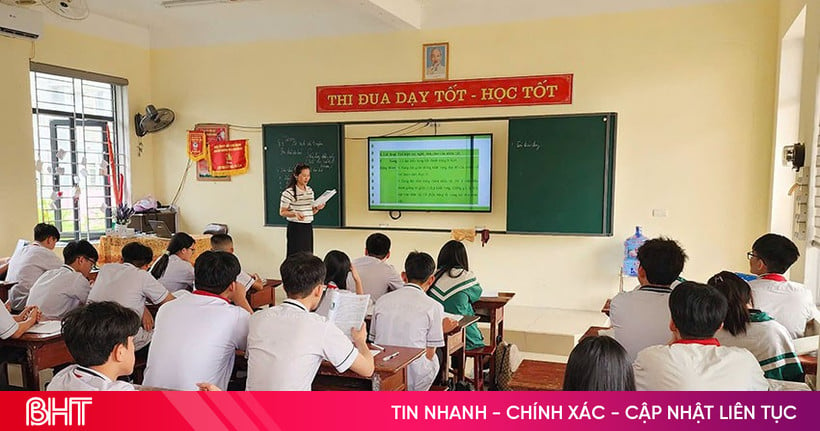


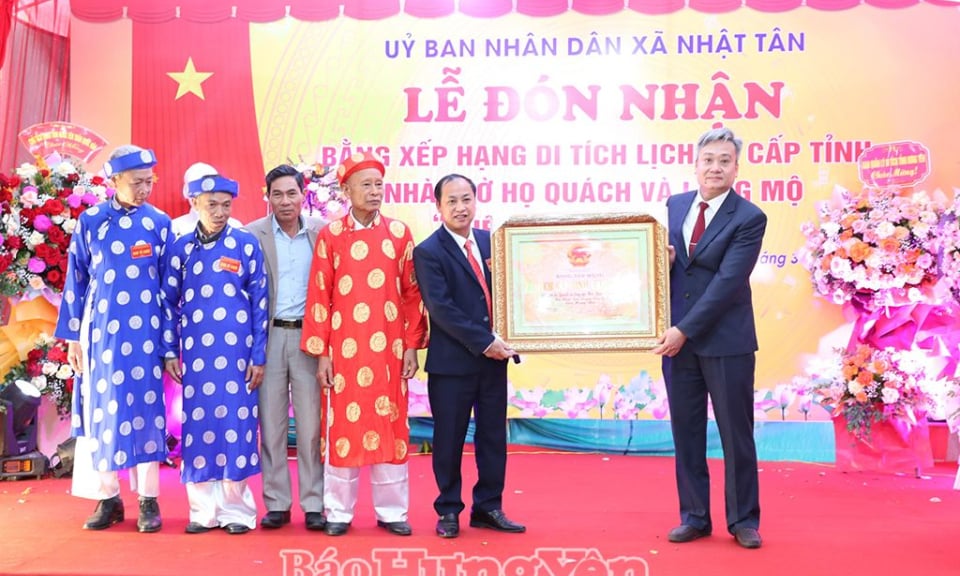



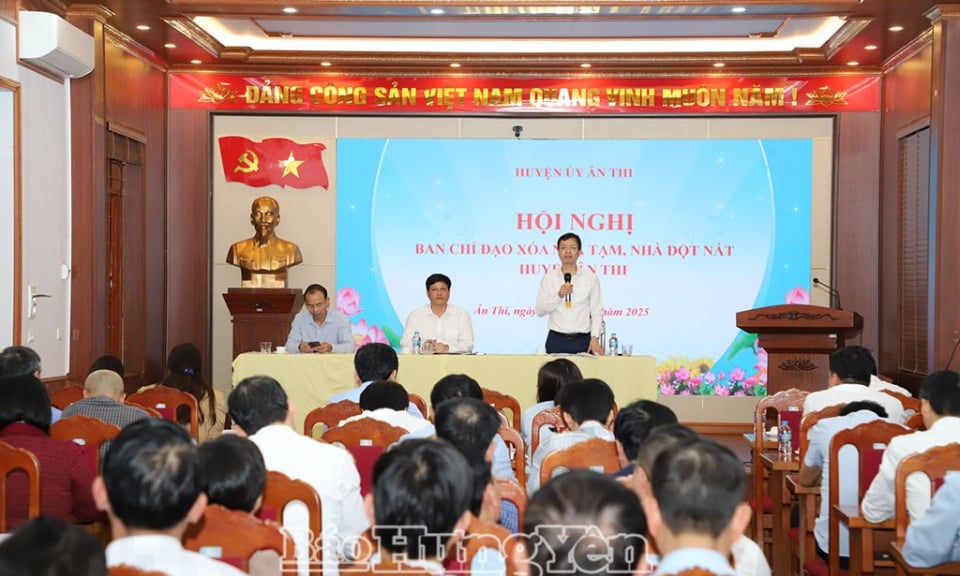
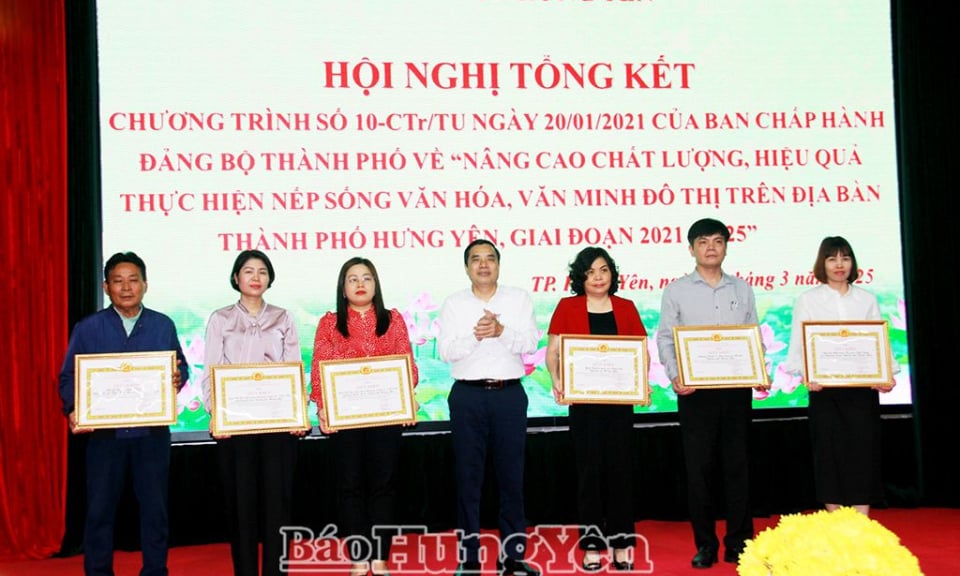


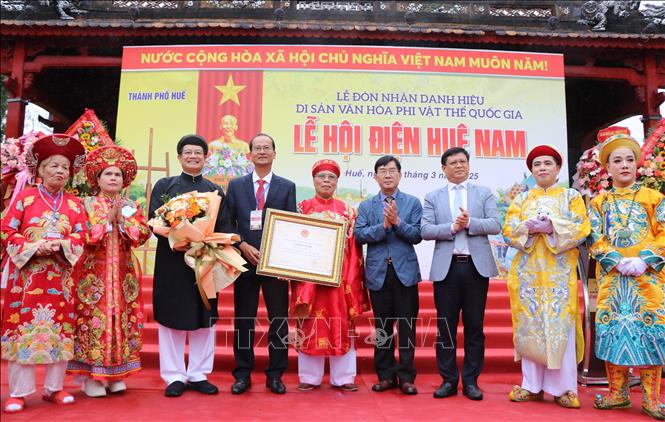



















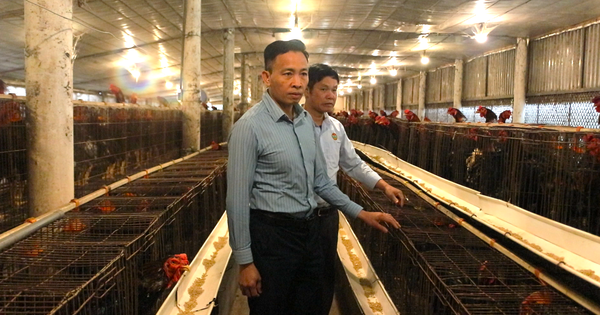









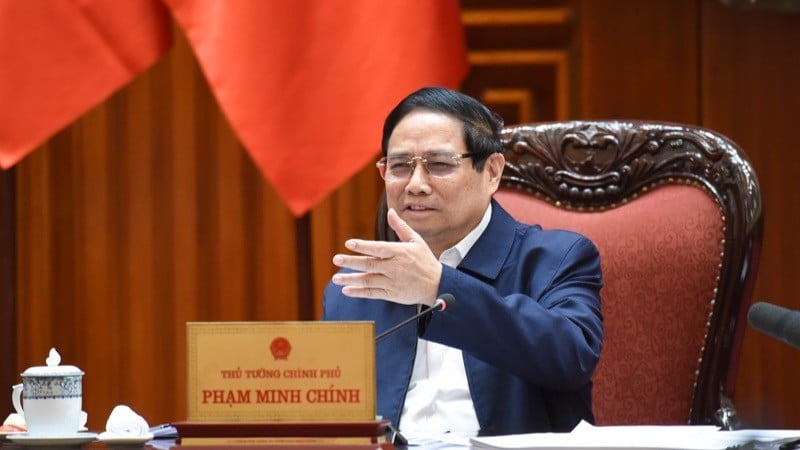

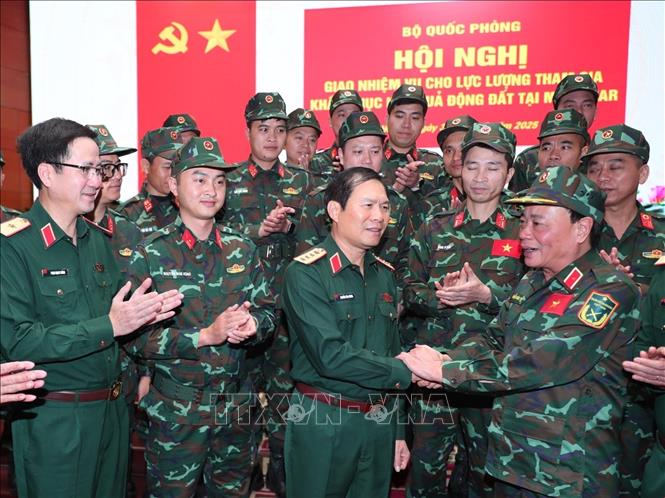

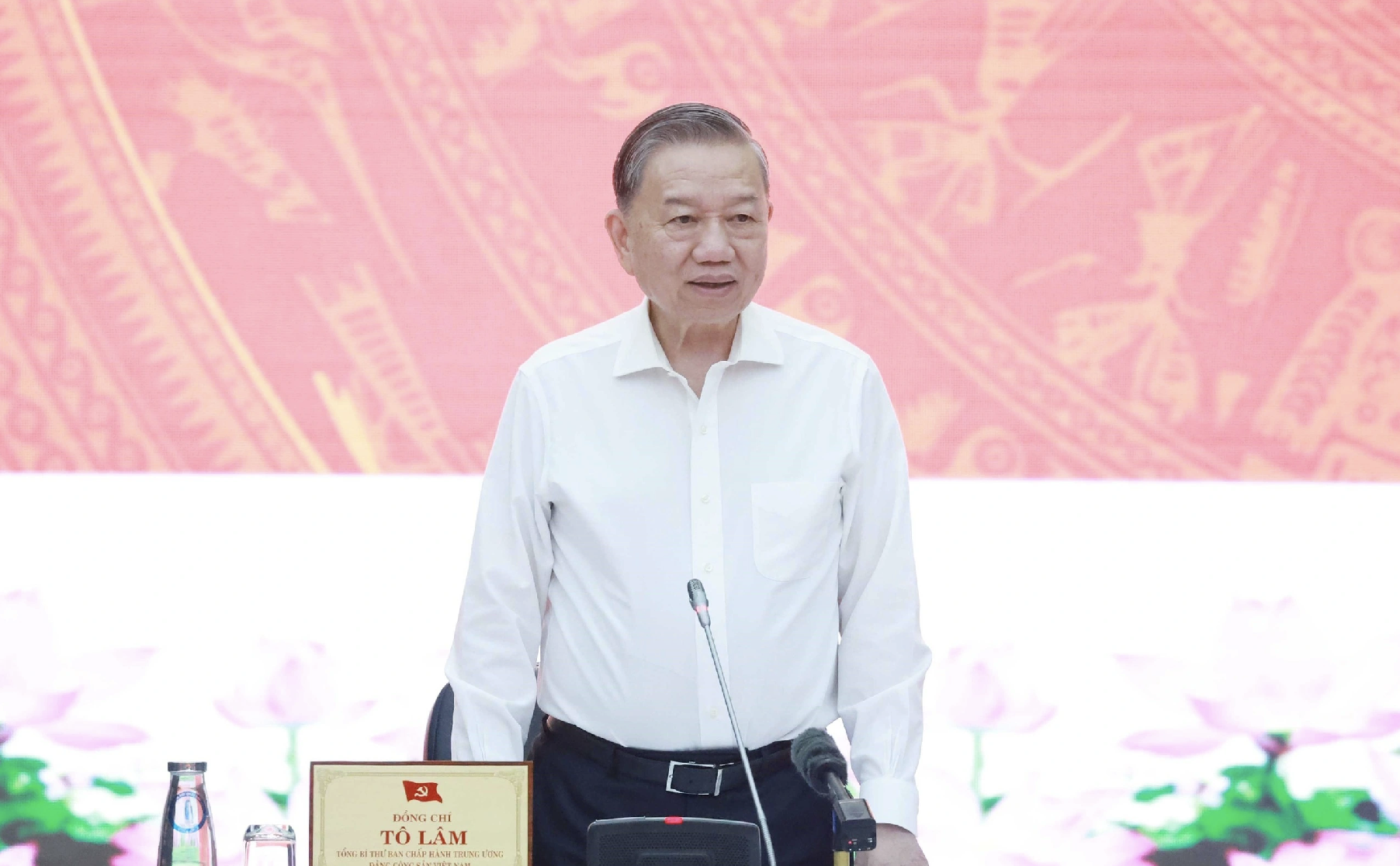





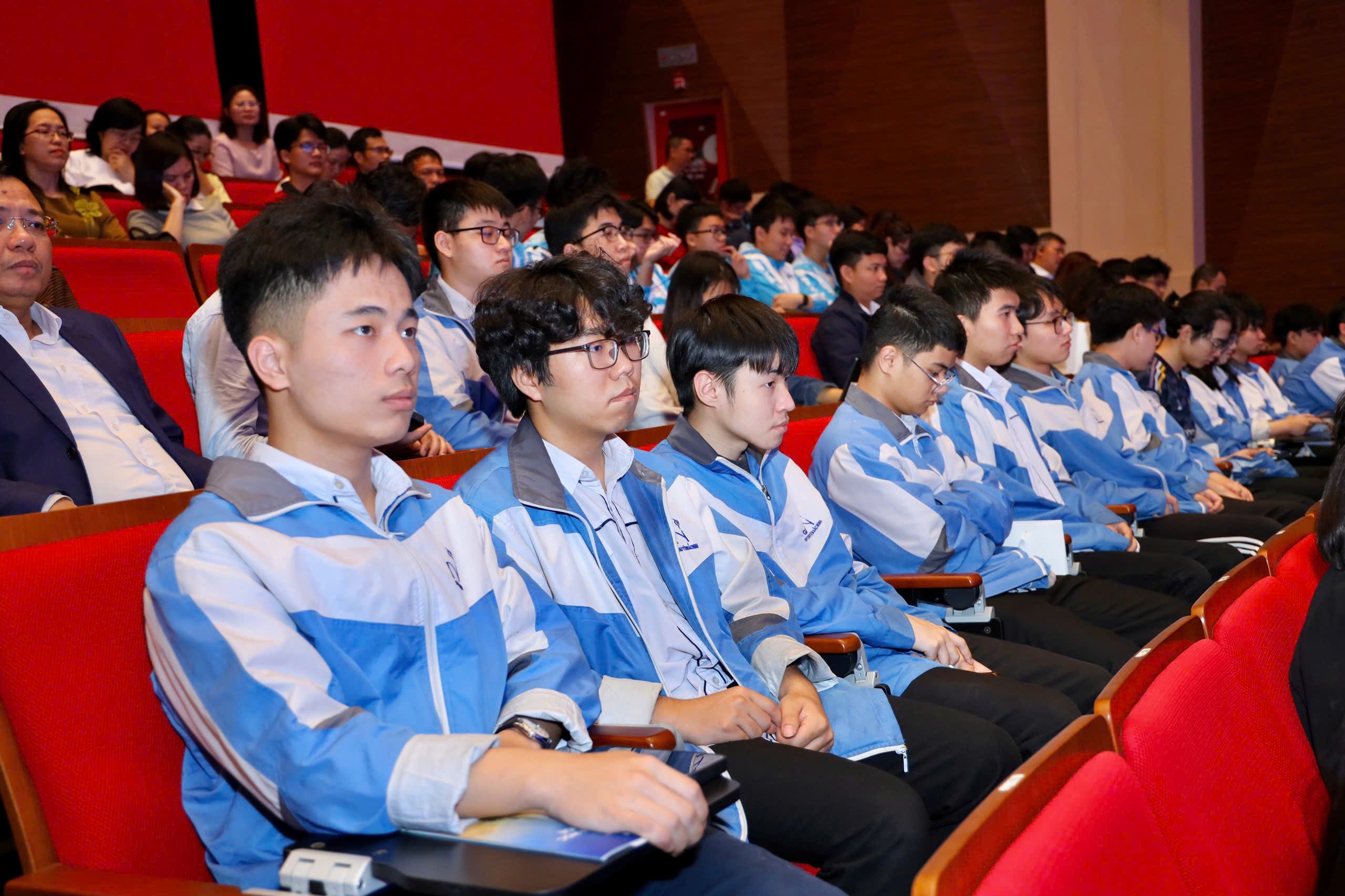

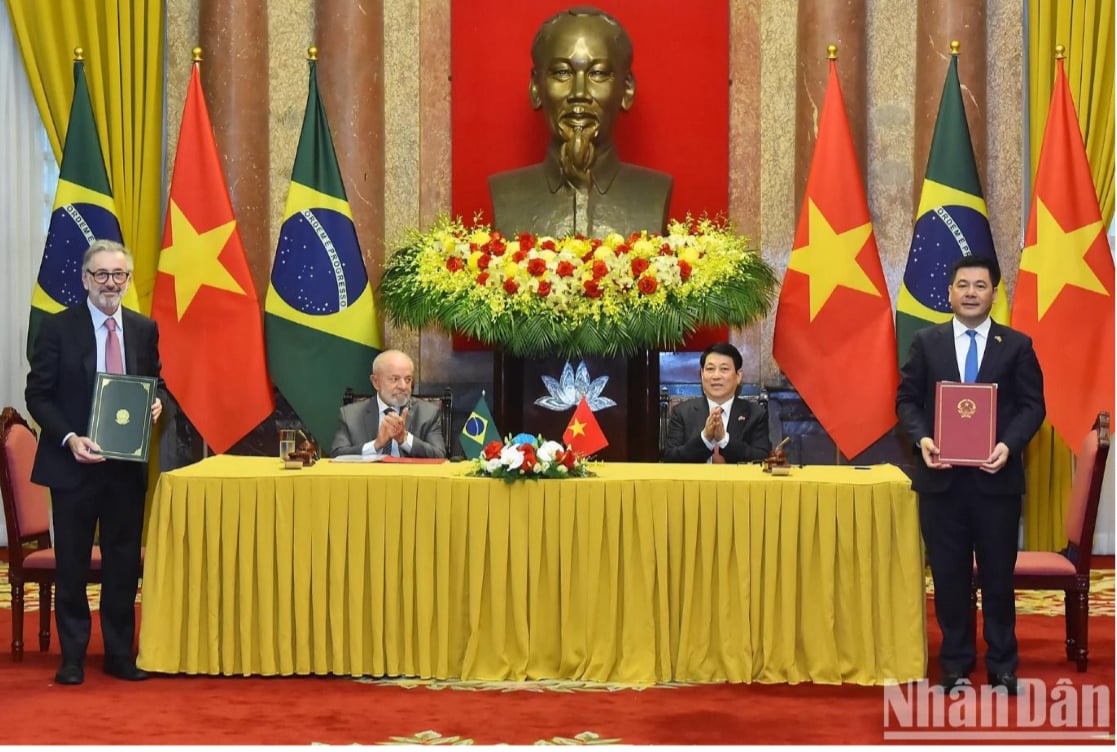






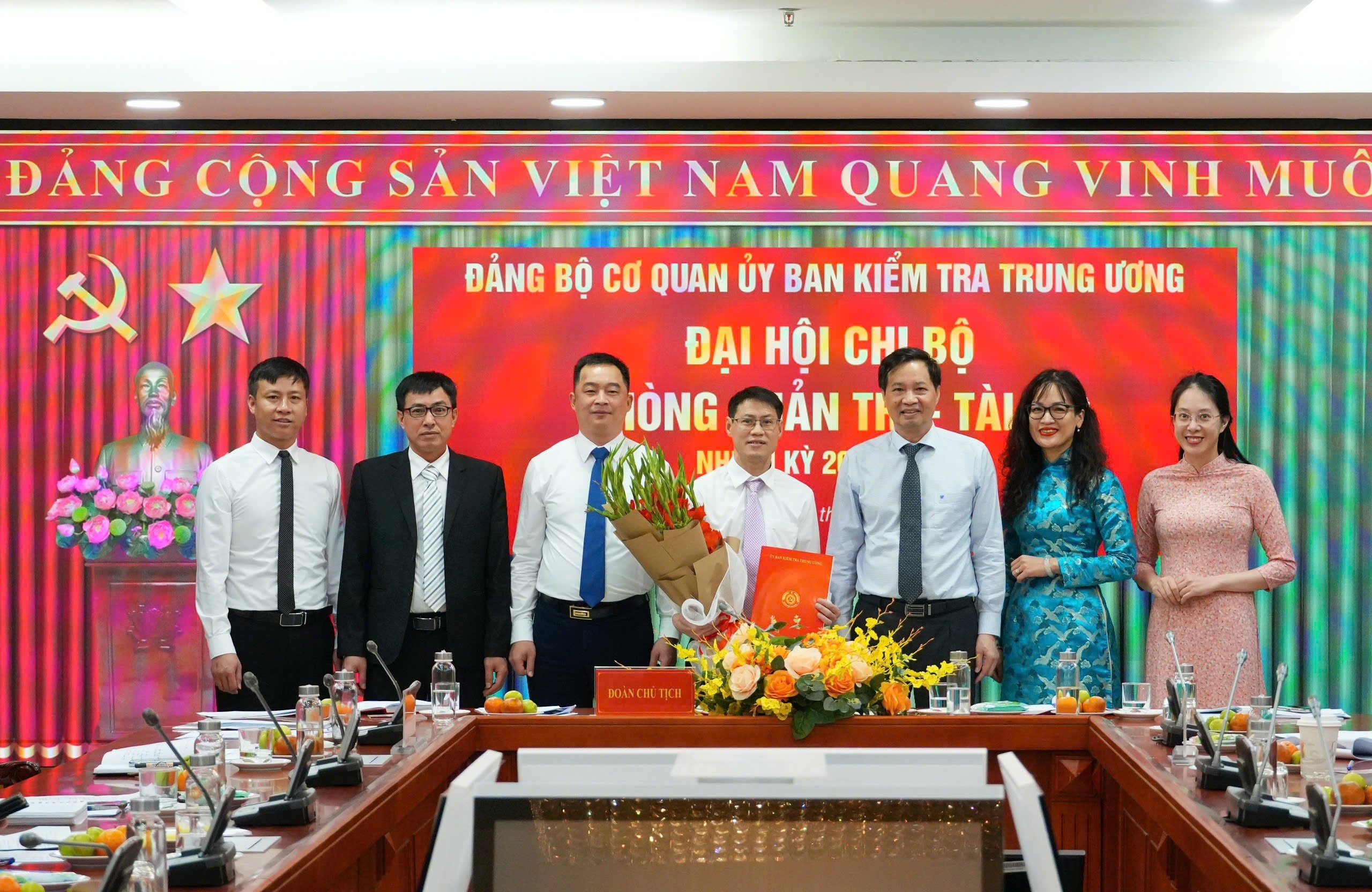










![[REVIEW OCOP] An Lanh Huong Vet Yen Cat](https://vstatic.vietnam.vn/vietnam/resource/IMAGE/2025/3/27/c25032328e9a47be9991d5be7c0cad8c)







Comment (0)